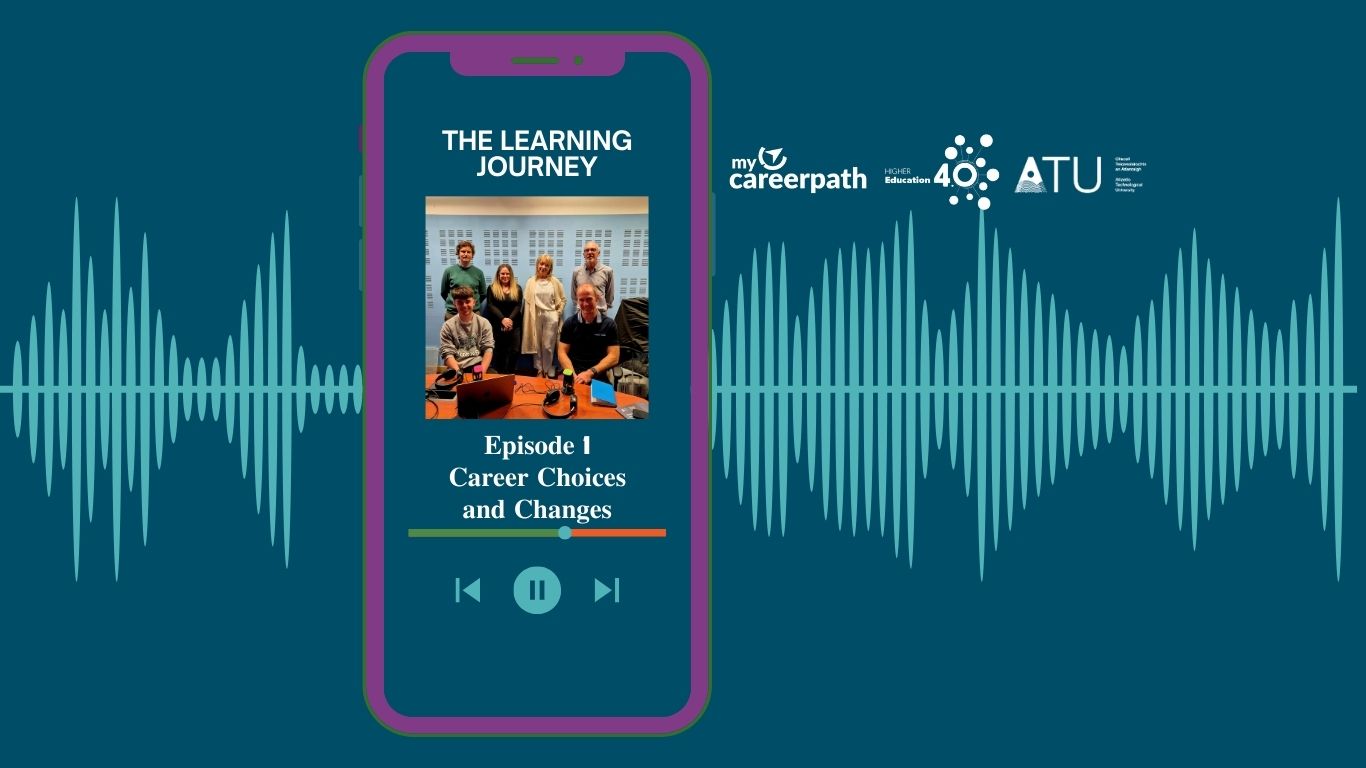With the rapid pace of technological change, companies are rethinking how they hire, shifting their focus from traditional qualifications to practical skills and competencies. A 2023 report by the World Economic Forum and PwC revealed that 74% of businesses are now prioritising skills over degrees, marking a significant transformation in hiring practices. This shift not only opens new doors for employers but also creates exciting opportunities for job seekers, particularly those looking to transition into new roles or industries.
The Shift Towards Skills-Based Hiring
Historically, employers have relied heavily on academic credentials and specific job titles to assess candidates. However, as industries rapidly evolve, it has become clear that these factors do not always correlate with the skills needed to succeed in a role. This has led to a shift towards skills-based hiring, where the focus is on what candidates can do rather than where they have been.
A recent LinkedIn report revealed that job postings not requiring a degree have increased by nearly 40% since 2022.
This trend signals a broader acceptance of the idea that practical skills, adaptability, and a willingness to learn are more critical than traditional qualifications. For those considering a career change, this is an encouraging development, as it opens doors to roles that might have previously seemed out of reach.
Benefits for Employers and Job Seekers
For employers, skills-based hiring allows access to a broader, more diverse talent pool, leading to more innovative and agile teams. This approach also enables organisations to fill skill gaps more efficiently and reduce time-to-hire by focusing on candidates who have the exact skills needed for the job.
For job seekers, particularly those aiming to transition into new industries or roles, skills-based hiring offers a more level playing field. It allows you to highlight your transferable skills and competencies, even if your previous roles or education do not align perfectly with the job description.
However, navigating this new landscape requires a strategic approach. Here’s how you can make sure your skills stand out:
- Tailor Your CV and Profile: Focus on the specific skills relevant to your target roles. Use concrete examples to demonstrate how you have applied these skills in real-world situations.
- Build a Personal Brand Around Your Skills: In today’s digital age, it’s important to establish an online presence that highlights your expertise. Consider creating content, such as blogs or social media posts, that showcase your skills and industry knowledge. This not only demonstrates your proficiency but also positions you as a thought leader in your field.
- Emphasise Continuous Learning: Employers value candidates who are proactive about developing their skills. Highlight any recent courses, certifications, or projects that demonstrate your commitment to growth.
The rise of skills-based hiring represents a significant opportunity for job seekers to showcase their true capabilities, regardless of their previous job titles or academic background. For those looking to transition into a new field or advance in their career, this approach can open doors to new possibilities.
More from the blog

December 23, 2024
‘Let’s Talk Tactics’ with Micheál Donoghue
All-Ireland-winning Galway senior hurling manager Micheál Donoghue is the keynote speaker at a business breakfast seminar, entitled ‘Let’s Talk Tactics:…
Read more
October 30, 2024
Bridie Killoran to Highlight MyCareerPath at Upcoming INEUCS Webinar
We are pleased to share that Bridie Killoran, Programme Manager of MyCareerPath and Career and Learning Pathways Manager at Atlantic…
Read more
September 24, 2024
The Learning Journey Podcast Episode 1: Career Choices and Changes.
In this first episode of The Learning Journey podcast, host Joseph Murray talks to life coach and former Galway senior…
Read more